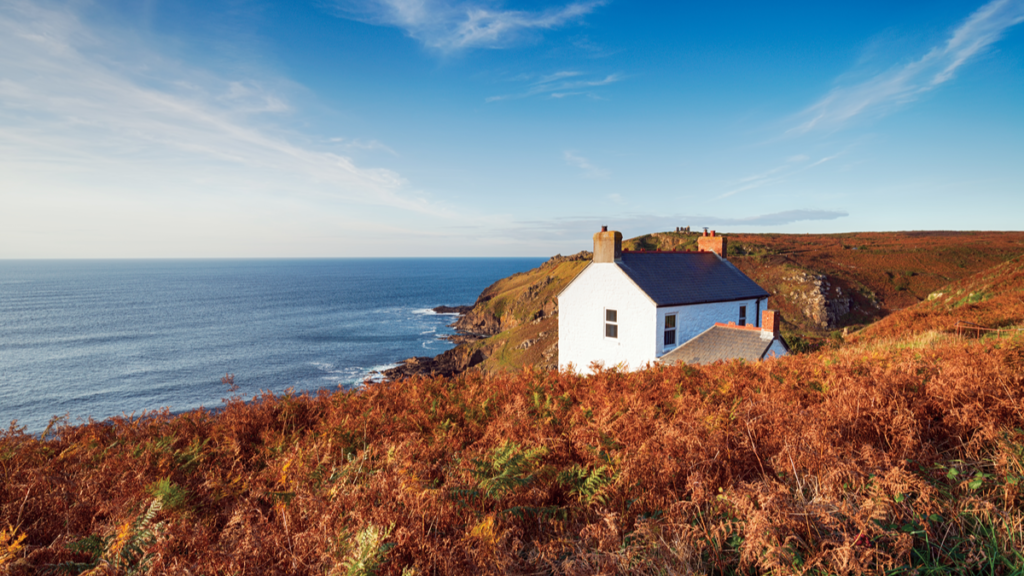Since Monday the phones have been jangling off the hooks. “Bookings up 1,000 percent,” shouted Jet 2. “Booking rocketing,” trumpeted Skyscanner. And a little less triumphantly: “We can’t answer the volume of calls,” said coach operator Leger Shearings.
The Roadmap out of Coronavirus, unveiled by Prime Minister Boris Johnson, prompted the rush to book, with consumers understandably wishing to have a holiday to look forward to this summer.
The booking frenzy is to be welcomed: it means welcome cashflow for the industry, bills can be paid, jobs secured and there are COVID-19 insurance policies should it all go pear-shaped.
But, but. International travel won’t resume until at least May 17, said Boris, and there will be many trip hazards to avoid before then. And on the same day as the roadmap details were released, Heathrow Airport and Accor Hotels were each reporting £2bn losses for last year.
There is a long way back, as a report from The Office of National Statistics (ONS) also revealed last week. The report, ‘Coronavirus and the impact on the UK travel and tourism industry’, is extraordinary reading. These are just some of the main points from 2020:
- Monthly air passenger arrivals to the UK fell from 6.8m in February to 112,300 in April (56% of which were British nationals returning home)
- Accommodation and travel agency businesses saw the sharpest decline in turnover during the first lockdown (March – June, falling to 9.3% of February levels by May
- In the second quarter, there were 96% fewer tourist visits to the UK than in the same period in 2019
- In April, international passenger traffic at UK airports fell to 1.9% of the total two months previously
- In April, 19,862 passenger vehicles travelled via Eurotunnel, compared with 227,393 in the same month in 2019
- In London, 20% of hotel rooms were occupied in July compared with 90% in the same month in 2019
As can be seen, it will take a lot more than this summer to repair the damage done. Indeed, it is estimated by Visit Britain that it could be 2028 before figures for international visitation and spending regain 2019 levels.
What is encouraging is how much the domestic tourism industry is ready and waiting for the return of travel – and how much more aware the government now is of tourism’s importance to the economy and wellbeing of the nation.
“The tourism sector makes an enormous contribution to our country,” said Tourism Minister Nigel Huddleston this week. But he would know that, as he was previously Head of Travel at Google before becoming an MP.
Sadly, Boris Johnson was not so clued up. I was sat next to him at a lunch party 22 years ago when he asked what journalism I wrote about. I said travel and tourism, he snorted and said sarcastically: “Well, that’s important, isn’t it.”
Yes Boris! The World Travel & Tourism Council spelled it out in a coronavirus recovery report last year: “The UK economy is the sixth largest in the world in terms of travel and tourism’s contribution to GDP. In 2019, travel and tourism was responsible for four million jobs, or 11% of the country’s total workforce. It also generated nearly £200bn, or 9% to the UK economy.”
Sadly, the number of people reporting their main job as being in travel and tourism during Quarter 3 (July to Sept) 2020 was 10.8% lower than in the same quarter of 2019. Like Accor and Heathrow, there is a long road to recovery.
Encouraging consumers to leave the country and spend their money in Greece or France helps the travel industry but doesn’t help the UK’s bank balance. In 2019, we spent £62bn travelling abroad – staying at home last year meant some of that was spent here instead.
And this will be another year where many people choose to holiday at home, helping the domestic industry recover and re-creating tourism jobs. The enforced break has also seen domestic tourism businesses sharpen up their act.
A new report by the National Coastal Tourism Academy says nearly 60% of coastal visitor businesses plan to rethink their product or marketing to boost recovery, 57% want to target a new audience and nearly 45% wish to create new visitor experiences and one third plan to repurpose their existing experiences.
An ongoing Visit Britain survey of 1,500 people says that half are now confident of taking a UK break between July and September. The southwest is their preferred destination, on a campsite or caravan with outdoor space on the coast or countryside. Eg, we want space and a safe holiday.
Dozens of new campsites have opened, many offering open-air showers to avoid queues and crowding. Self-catering cottages and canal boat holidays are selling like hotcakes, and you can’t get a campervan for love nor money.
The rediscovery of the UK, the better tourism product, the understanding of its importance and the long, much slower return to international tourism are this year’s agenda. And yes Boris, it is important.
